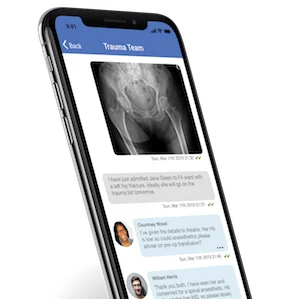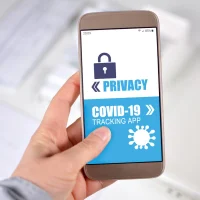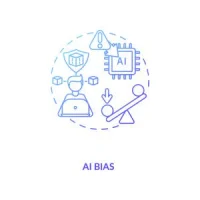The NHS has an ongoing campaign to phase out the use of legacy systems, such as pagers and fax machines, across the entire health service.
As a result, NHS staff have turned to using consumer messaging software such as WhatsApp even at the workplace. It's therefore become unavoidable that sensitive clinical information is communicated or shared through these consumer-messaging platforms.
You might also like: Healthcare Falling Short in Patient Digital Experience
Use of such consumer messaging apps has brought concerns over data security to the fore, prompting UK healthcare authorities to find alternative and secure means of sharing sensitive information.
NHS staff are now advised to use "Hospify", the first general purpose messaging app to get approval from the organisations overseeing the NHS Apps Library. These include NHS Digital, NHS England, the Department of Health and Social Care, General Practitioners, Public Health England, The National Institute for Health and Care Excellence, the Medicines and Healthcare products Regulatory Agency, and the Care Quality Commission.
Hospify said the new app ensures protection of sensitive health information because it is built with a “radically different data architecture”.
Moreover, the new messaging app is compliant with NHS information governance standards, including the NHS Data and Security Protection Toolkit, UK Data Protection Law, the GDPR, the ISO27001 information security standard, the DCB0129 Clinical Safety Risk Assessment and the NICE Evidence Standards Framework.
Hospify, which can be downloaded for free on either Apple or Android-based operating systems, is now being used at more than 100 hospitals and clinical sites across the country. Some of the NHS Trusts that have approved the use of Hospify for their employees are Lincolnshire Community NHS Trust, Maidstone and Tunbridge Wells NHS Trust, and South Tyneside NHS Trust.
Two NHS surgeons, Neville Dastur and Charles Nduka, partnered with a digital platform specialist to establish Hospify in 2014. The founders shared a personal story behind the creation of the app. According to Drs Dastur and Nduka, they were unable to contact a colleague, who was the third key surgeon for an emergency operation that was underway.
After the operation, the two surgeons agreed that messaging tools they took for granted in their personal lives should be available in their professional lives too.
Meanwhile, there is another clinical messaging service being developed by NHS doctors. The new smartphone app, called Forward, is expected to help the health service generate savings of up to £44 million a year, according to one study.
Source: pharmaphorum.com
Image credit: Pixabay










